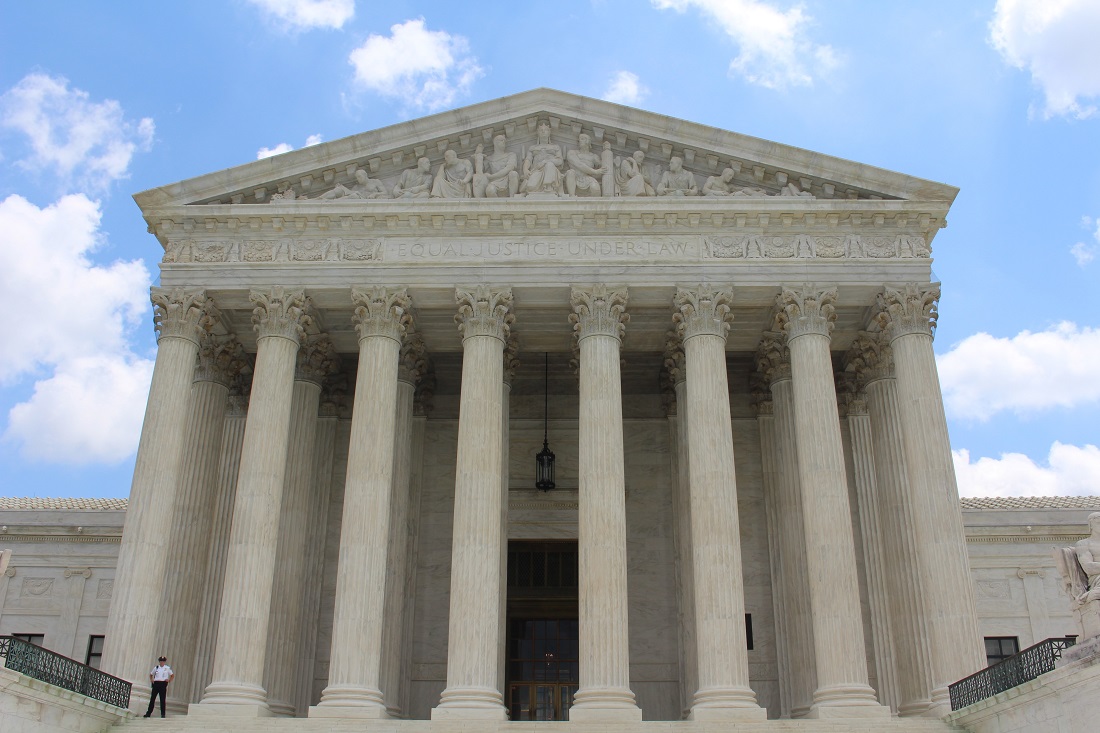California Leads Multi-State Legal Battle Challenging Controversial Immigration Rule
Nearly 20 US states –including the District of Columbia – are suing the Trump administration over a new rule that would lift important protections for child migrants and allow the government to detain children in immigration detention facilities indefinitely.
According to Reuters, the lawsuit filed in U.S. District Court in Los Angeles was the first move in an expected legal battle aiming to challenge the rule and prevent it from taking effect this fall.
The new rule puts an end to a longstanding agreement, known as the Flores settlement, which limited how long children could be detained in immigration detention facilities to 20 days for the last 22 years.
It would also allow for the expansion of family detention centers that are not state-licensed.
Currently, the US Immigration and Customs Enforcement (ICE) operates just three family detention facilities in Texas and Pennsylvania which have between 2,500 and 3,000 beds.
The rule was immediately met with controversy and is now being challenged legally.
The multi state lawsuit led by the state of California and Massachusetts argues that the new rule would eliminate minimum protections for child migrants and pose irreparable harm to their physical and mental well-being.
The complaint will also argue that the new policy violates migrants’ due-process rights and undermines California’s ability to ensure proper conditions at detention facilities along with the health, safety and welfare needs of detainees.
This isn’t the first attempt by the state of California to challenge policies brought forth by the Trump administration.
California currently has the largest immigrant population in the country, and since Trump’s election in 2016, the state has launched a total of 57 lawsuits against the government. Of the 57 lawsuits, 13 involve immigration policies.
In fact, just recently in August, the state launched another lawsuit attempting to block a federal immigration rule that would penalize low-income immigrant families that are reliant on public assistance programs.
The new “public charge” rule set to go into effect October would essentially make it more difficult for immigrants to obtain permanent resident status if they have used or are deemed highly likely to use public assistance benefits such as food stamps, housing vouchers, or Medicaid.
It would also make it more difficult for low-income families to immigrate to the US in the first place.
California Attorney General Xavier Becerra recently filed for a temporary injunction to block this rule from taking effect.
Share this article
Arghavan Gerami
Arghavan Gerami is the Founder and Senior Counsel at Gerami Law Professional Corporation ('PC'), a full-service immigration law firm in Ottawa, Ontario. Since 2011, Ms. Gerami has focused her practice on immigration and refugee litigation. Prior to that, Ms. Gerami worked at the Ministry of Attorney General and the Department of Justice and had the privilege of serving the Honourable Mr. Justice M. Evans at the Federal Court of Appeal on immigration and administrative law appeals. Ms. Gerami contributes to the Immigration Law Section of the Canadian Bar Association, the Canadian Association of Refugee Lawyers, and the United Nations High Commissioner for Refugees. Ms. Gerami has also published numerous journal articles and presented at various immigration and refugee law conferences and events across Canada.

